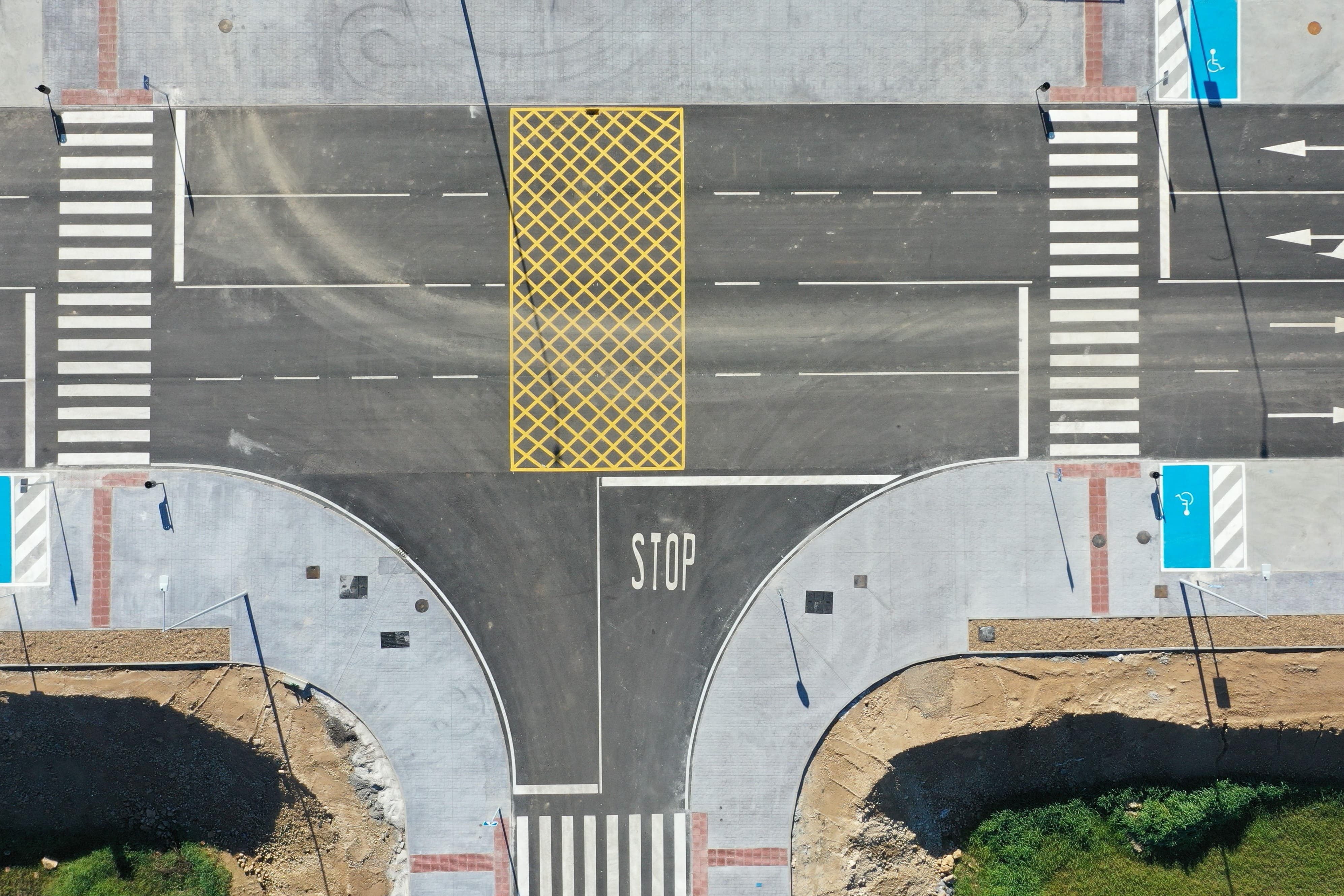Recognised for its best practices in mobility with AENOR’s ISO 39001
Madrid, 4 October 2024. Lantania certifies its Road Safety Management System and advances in its commitment to safe and sustainable mobility. The Infrastructure, Water and Energy Group has been awarded the ISO 39001 from AENOR which recognises its best practices in mobility in having a system oriented towards the safety of its operations and the reduction of accident rates.
The objective of this certification is to promote safe and sustainable mobility in Lantania through the implementation of preventive measures and the efficient use of resources, in order to improve road safety and minimise environmental impact. The standard helps to develop the best procedures based on the analysis of the most relevant road safety risks in the company’s processes, and its success relies on the commitment of all individuals working within the organisation or on its behalf.
Lantania has carried out a rigorous evaluation process, which has included reviewing its policies, procedures and systems related to road safety. This procedure, carried out by AENOR, verified compliance with the standard’s requirements and the effectiveness of the company’s risk control measures.
The company carries out various promotional and preventive activities with the aim of reducing the probability of accidents. It has developed a Road Safety Best Practices Manual created to ensure safety in the workplace. This manual details personal protective equipment (PPE), necessary preventive measures, procedures to minimise occupational hazards and provides guidelines for efficient driving.
New Road Safety Policy
Lantania has adopted a new Road Safety Policy committing to be safer and to protect all of its collaborators. This organisational strategy ensures the control and management of risks and bases its actions on the following principles:
- Implementing management leadership: ensuring road safety for all.
- Carrying out and maintaining a road safety system for the identification, elimination and control of road safety risks present in its activities in order to establish improvement objectives and responsible practices.
- Ensuring compliance with legal and regulatory requirements, as well as those voluntarily assumed by the company.
- Promoting training, education and awareness among company personnel.
- Fostering and maintaining the continuous improvement of the road safety system.
